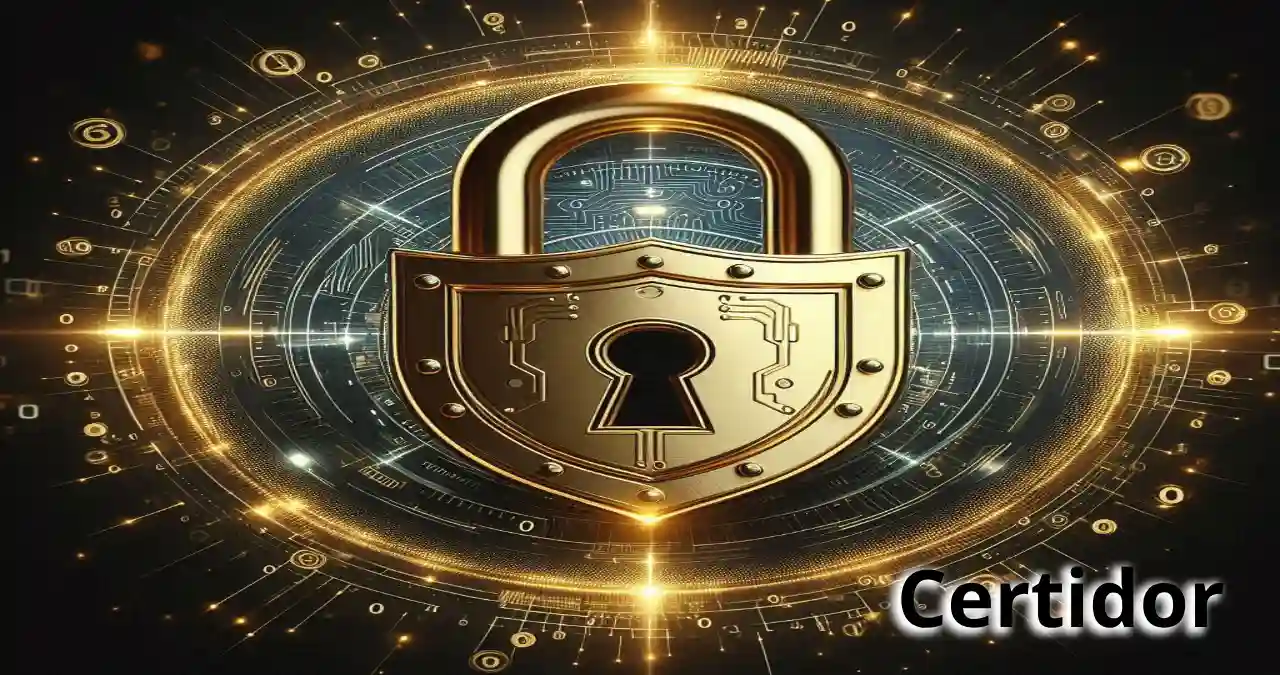Introduction
Certidor is a term that may be unfamiliar to many, but its significance lies in its association with processes of authentication, validation, and certification. This article aims to provide a clear understanding of what Certidor represents, its various applications, and why it holds importance across different sectors.
What is Certidor?
Certidor can be thought of as a term that embodies the concept of certification. It refers to the processes or systems that ensure the authenticity, accuracy, and legitimacy of certain information, documents, or credentials.
Key Characteristics
- Authentication: Certidor involves verifying that information, data, or a document is genuine.
- Validation: It ensures that the content meets the required standards or conditions.
- Certification: The final stage usually involves issuing an official statement or certificate that proves the validity of the information.
Uses of Certidor in Different Industries
Certidor plays a vital role across a wide range of sectors. From business and education to technology and healthcare.
Business and Finance
In business, Certidor processes are often used to validate financial transactions, contracts. These certifications help in preventing fraud and ensuring compliance with legal and regulatory standards.
Education
In education, Certidor is essential for the authentication of academic qualifications, transcripts, and certifications. This helps institutions verify the academic history of students and professionals, ensuring that they meet the required qualifications.
Technology
In the digital age, Certidor systems are used extensively to secure online transactions. Encryption and digital certificates technology that provide authentication and safeguard information in various platforms and applications.
Healthcare
Certidor processes in healthcare are crucial for verifying medical records, prescriptions, and credentials of healthcare professionals. This not only ensures patient safety but also helps in maintaining a high standard of care.
The Importance of Certidor
Certidor processes are vital for maintaining trust, transparency, and accountability in various systems. Here are some of the reasons why is important:
1. Security
Certidor helps protect sensitive information and transactions from fraudulent activity, ensuring that only legitimate entities have access to certain data.
2. Trust and Transparency
By certifying that certain documents or transactions are authentic, fosters trust between parties. For example, businesses can confidently engage in partnerships knowing that their agreements.
3. Compliance
In industries like finance, healthcare, and education, regulatory bodies require compliance with specific standards.Ensures that companies and individuals meet these requirements, helping to avoid legal issues and maintain ethical standards.
4. Efficiency
The implementation streamlines processes by automating verification and validation, reducing the time and effort needed to check credentials manually.
How Certidor is Evolving with Technology
As technology advances, this processes are becoming more sophisticated. Blockchain, for example, is now being used to create immutable, decentralized records. Artificial intelligence (AI) is also contributing by automating verification processes and identifying potential fraud more efficiently.
Blockchain
Blockchain technology is increasingly being integrated into systems to create tamper-proof, transparent records. This is particularly useful in industries like supply chain management, finance, and education, where verifying the origin and authenticity of records is critical.
Artificial Intelligence
AI-driven use machine learning to detect anomalies, patterns, and potential fraud in large datasets. These systems can also automate the certification process, reducing human error and speeding up authentication.
Conclusion
Certidor is a crucial component of modern verification and certification systems. Its applications span across various industries, ensuring security, compliance, and efficiency in different processes. As technology continues to evolve, systems will likely become even more integral to maintaining trust and transparency in an increasingly digital world.
